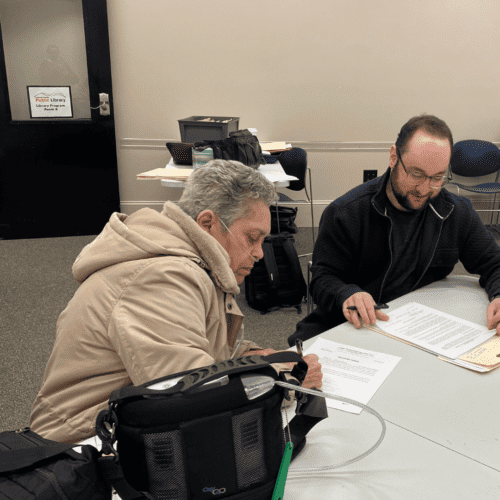Joint accounts can make perfect sense for seniors who depend on family members for help paying bills and other day-to-day tasks. Joint accounts can also help avoid the need for probate, an often-complex process that requires court involvement to carry out the will.
Undoubtedly, joint bank accounts can make life easier for the right people: seniors and their trusted family members or caretakers. However, they can also make things easier for the wrong ones: people who want to exploit seniors and get access to their money. I hear this concern from a lot of my clients. Their son is in and out of rehab, or their daughter may be easily manipulated by an abusive spouse. Is it safe to add their name to the account?
My clients are right to be cautious, because opening a joint account gives the joint owners virtually unlimited access. They can withdraw any amount of money, at any time, for any reason, without your permission. And the process is irreversible: Once you give someone access to your account, the only way to remove them is to close the account. (The same warning applies if you make someone a co-owner of your home with a new deed; you cannot change your mind and deed it back to yourself unless they agree to give back their interest.)
Therefore, my advice to clients is always: Pick someone you can truly trust, and understand how joint accounts work so both you and your bank know what you want.
If you want someone to have access to your account while you’re alive and receive full ownership of the account when you die, then you want a “joint account with a right of survivorship.” If you want this type of account, make sure the written agreement you sign with your bank clearly states that the account has a right of survivorship.
If you want to give someone access to your account only after your death, then you want a “payable on death” account that names a beneficiary. You can set up a POD account if you are the sole owner of the account, or if the account already has a joint owner and you want the beneficiary to be a third party. Be aware, though, that this will create problems if your joint owners do not agree on the POD beneficiary.
Finally, be aware that setting up a right of survivorship or POD account will not necessarily prevent a portion of the account from being used to pay your debts after your death if you have no other money or assets.
So, when clients ask me about “adding a name” to an account, I tell them that joint accounts can definitely make life easier, but they are first and foremost a matter of trust.

